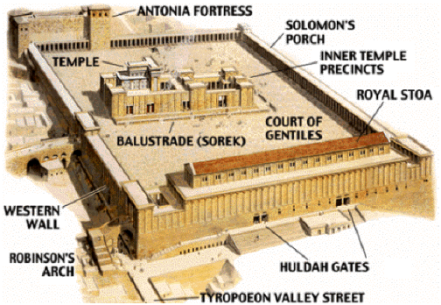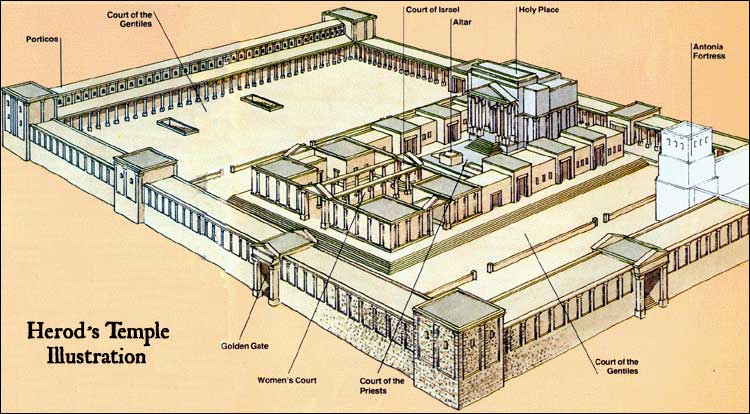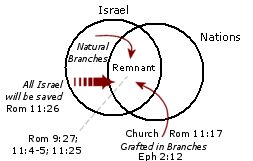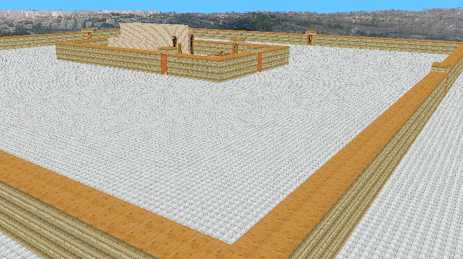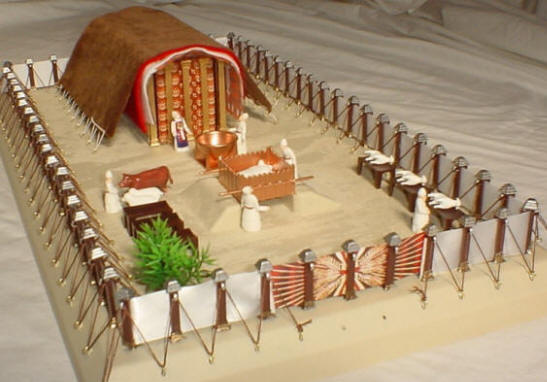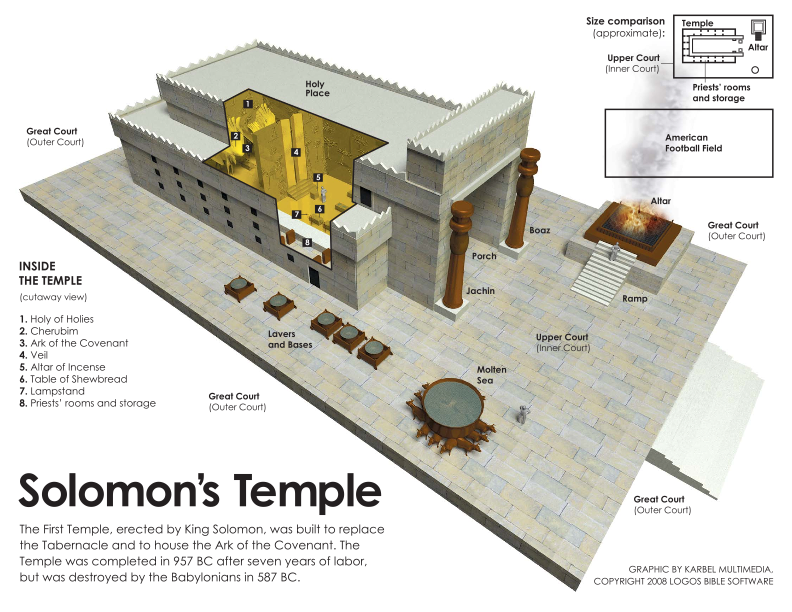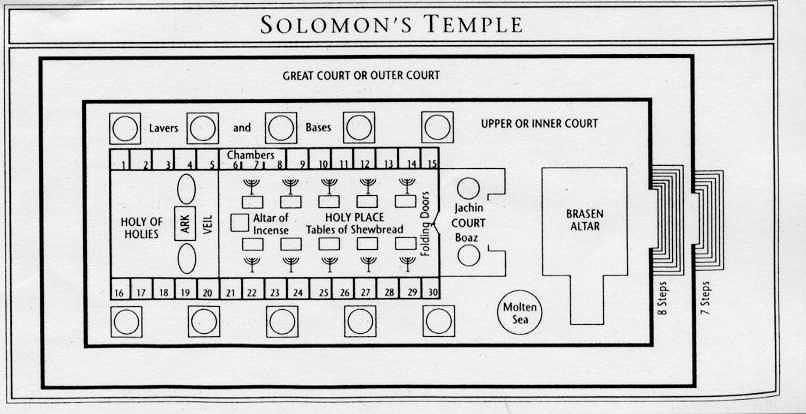from mercy: "If you dishonor Sabbath, you run the risk of being in bondage again".
Please look at what you are saying here mercy. Are you not in effect saying that if I do something wrong (i.e. in this case, "dishonor Sabbath") then I "risk" being in bondage again. I will note that you equivocate just a bit by saying "run the risk", but I do think that you are saying that I WILL be in bondage again. Now, if this is so, how does this, even I allow some wiggle room for the "risk" concept, reconcile itself with the unconditional unilateral promises made to Abraham? And, no, I am not here trying to claim anything beyond 'being grafted in', but it seems to me that you are in this matter coming very close to making the same case against me that the "replacement" "theology" types use against the nation of Israel. I.e., "Israel sinned. G-d took away their blessings. G-d then gave Israel's blessings over to the church". I do not believe at all (at least I hope) that that is what you believe you are saying, but it does seem that you are in effect actually saying that.
-----------------------------------------------------------
Now,
thanks to you and to some others in this forum, I am beginning, just a little (my head is as thick as anyone else's) to grasp the importance of Torah to you as, if I understand you all correctly, the
constitution of the Land/Nation of Israel, and you all are very concerned that you share in all of the blessings therein. Indeed, blessings in the Land for the Jews were clearly tied to obeying it, and I agree with your assessment of it in that frame of reference. But I did not understand that this was such an issue yet today, as I was not raised in it for one thing; and when I did look at it, part of me was looking at it through the lens of this portion of Scripture:
Brethren, I speak in terms of human relations: even though it is only a man's covenant, yet when it has been ratified, no one sets it aside or adds conditions to it. Now the promises were spoken to Abraham and to his seed. He does not say, "And to seeds," as referring to many, but rather to one, "And to your seed," that is, Christ. What I am saying is this: the Law, which came four hundred and thirty years later, does not invalidate a covenant previously ratified by God, so as to nullify the promise. For if the inheritance is based on law, it is no longer based on a promise; but God has granted it to Abraham by means of a promise. Why the Law then? It was added because of transgressions, having been ordained through angels by the agency of a mediator, until the seed should come to whom the promise had been made. Gal 3:15-20 NASB
So, from my viewpoint, my love of Torah is not so much to do with blessings in the Land (please, no, I'm not claiming any for myself), as it is that I view it as a written revelation of the Holiness of G-d, and I find this facet to be truly beautiful. [Yes, it also shows me my sinfulness, which I then acknowledge and own up to before G-d. And when I finally come to my senses on that matter and repent of it, I ask for His forgiveness and for Him to change me, form me, so that I no longer am tempted in that sin. This work is far from completed in me, and will not be completed in me until He finishes it sometime just before I enter into His presence - and not while I dwell in this present tent.]
I don't think that many here are familiar with the lens through which I am looking, and, just as I need to learn more about 'where you are coming from', so too do you need to learn more about me and 'mine'. Like it or not. Tough. Get over it.

One of my own unanswered-to-my-own-satisfaction questions, even prior this forum, is:
How do believing Jews today fit into the Son of David's Millennial Kingdom?
I understand and fully endorse that the Jews will indeed inherit all of the promises and blessings unilaterally promised to them by G-d to Abraham, which promises were then directly passed on to Isaac and then to Jacob/Israel and on to their descendants. My understanding is that the Lord Himself will refine all of Israel (this will not be a pleasant time) and draw or force all of Israel back to the Land, and will keep and protect all of Israel throughout all of the time of Jacob's troubles, i.e. the seven years of Tribulation. I believe that the present church, that mystery in times past and formed on Pentecost at the time of Yeshua's disciples filling with the Holy Spirit, will be taken away by Messiah to be with Him, as (or to be) His bride, prior to this seven year period - and that this current church includes in equal standing both believing Jews (Messianic and whatever
) and believing Gentiles (even if some of them are dumber than a rock). I.e., all of those who have believed/trusted in the finished work of Yeshua on the tree. So then, my unanswered-to-myself question: are these current believing Jews (you all, in this forum) going to be completed (only for lack of a better term at the moment, please forgive me and withhold any spears that are raised) as the bride of Messiah? No small honor this, methinks. Or, are these Jews (you all), going to separate (be separated) from this body, this bride, to then re-mix (I'm sorry, in some sense you are already mixed in with the goy within the body of Messiah - truth does not have to make you happy) with the Jews who have been refined during the Tribulation and those Jews who went to sleep prior to the church age?
Now, to me, this question is probably as equally theoretical as your question on "who will be allowed to partake of the Passover meal when the temple is restored?", so I am not trying to be contentious. Except that it
is hard not to be just a
little contentious, so I must ask those who are asking the "Passover" question: Since Messiah is already your Passover Lamb that has been sacrificed once and for all, do you really want to partake of the flesh of a year old member of a flock of sheep - if indeed sin offerings are again offered in the Millennial Temple? Would that not be just a little insulting to Messiah??? Just asking.
But look, it seems to me so far that most of you, in your zeal, are already dividing and divided from the body of Messiah, splitting Jew away from Gentile in the body. And this, at this time in history - at a time when I (in my never to be humble opinion) strongly feel that the 'age of the gentiles' is coming to an end, and at a time when so many gentiles within the church are so ignorant that they know little or no Tanach at all (much to their shame) and they need (maybe more than 'want' - I yield on that) the guidance and teaching that can only come from believing Jews - at a critical time when unity is needed, we find ourselves divided. At this crucial time, do we amuse(?) ourselves over who might eat a Passover Sacrifice sometime in the future?
I can understand the Jews wanting nothing to do with the gentile churches. All I can say on that subject is what I once said to a new Jewish friend at his cousin's wedding: "I can assure you that Martin Luther has since changed his opinion on the matter". Enough said, you know the history better than I do. And my late-night-long-day-and-I'm-tired rant is over.
And yes, my new friend, I did look at eSword (thank you for the suggestion), but I did not download it. I have quite a bit of Bible software on my computer already, and it didn't seem that this new one could do anything additional for me. But I do really appreciate your taking the time to give me the "short version(s)" for two reasons: first, they are very helpful and, second, I'm getting too old and long in tooth to begin Yeshiva and hack my way through all of the customs (figuratively speaking only). Yes, I am aware that some old sages did just that at amazing ages, but I am not up to their standards and can only run short distances at a time, and even that is at the speed of a turtle. So, again, thanks much Talmidim, and I am trying to digest and assimilate your suggestion on how to approach the questions. Good advice, I believe. But please be patient here, as my digestion isn't any faster that the rest of me, and time must pass and mistakes must be made... [P.S., someday, in the appropriate venue, explain to me what a "non-Trinitarian" Messianic is. Yes, I did look at the statement of faith on "your" website, but I am confused by your stated belief in the deity of each of the three. So, what I am wondering (someday) is "how does that work?"]
Blessings on each and every one of you here.


 Mine tends toward the theatre of the absurd, wrapped in hyperbole. When I get to that juncture, most people that know me, set their arguments down and slowly back away. The bomb squad and the medics arrive and I'm better in no time at all!
Mine tends toward the theatre of the absurd, wrapped in hyperbole. When I get to that juncture, most people that know me, set their arguments down and slowly back away. The bomb squad and the medics arrive and I'm better in no time at all! 
 Take us all with a grain of salt and be careful of our feet. They are made of clay.
Take us all with a grain of salt and be careful of our feet. They are made of clay.
 Take us all with a grain of salt and be careful of our feet. They are made of clay.
Take us all with a grain of salt and be careful of our feet. They are made of clay.
